How to be the best ally you can for your LGBTQIA+ community
I think that true allyship for any community requires a knowledge of the history of the people that you are hoping to help and protect. While I have my own experiences and history with my chosen family that extends over 30 years, the whole history of the experience of LGBTQIA+ folks in the US, especially in the South is a complicated and often tragic one. My interest in being an ally came in the 90’s as a teen when I was a friend of people who were passing from complications of AIDS. I experienced how poorly my friends were treated in hospitals and worked with others to rotate and bring meals to those that were ill at the time. The threat extended past poor healthcare in my city. The gay bar that I worked at regularly had bomb threats called in. In our city, the metal kids, punk kids, gay kids, and other “weirdos” created our own circle of protection for those in our group. This also meant physical confrontations when the “preps” tried to fight us. Within the ethos of punk rock writings and underground zines, I found ways to be involved in community organization and action. I learned that changing the world was also about changing language, policies, and demanding acknowledgment of equality for all my friends. As a member of a BIPOC community myself, I also needed to learn about the layered disparities and structural inequalities that came along with the fight as well. We held small, but important protests and demonstrations.
Here I am now, 20+ years into my social work career. Through the years at different agencies and in various aspects of social work, I have seen continued layers of discrimination against LGBTQIA+ folks, especially against those in the trans community. As a social worker I have met roadblocks in housing, employment, food assistance, clothing assistance, and other essential resources when I have been working to help my trans clients. Agencies may have policies that foster or even create discrimination around ID issues, forced “gender at birth” role requirements at housing facilities, and other stigmatizing requirements that do not acknowledge a person’s gender transition. The policies also come from the mindset that a person is not trans unless they have had operations and hormone replacement therapy. Due to the lack of education or care around gender transitioning on a political level in the South, the process of transitioning has been gatekept to only support those who choose to undergo medical transition.
These barriers and roadblocks are the reason that the trans communities in most places, for decades or even centuries, have adapted a strong ethic of “we take care of ourselves.” With admiration and recognition of all that challenging work and community commitment, I see that it is imperative that good allies come into the work so that these basic services are not blocked from people who are struggling with the same needs as everyone else. No one should have to dress as their “gender at birth” to sleep in a homeless shelter. Your ID having your dead name on it should not be a block of your ability to get a box of food from a pantry. We must call out the agencies and places that have antiquated policies that differentiate trans folks from anyone else. It is no different than separating people because of their race, it is wrong and should be illegal. I have actively been the “loudmouth” in many places. I will continue this work until I take my last breath.
Allyship is important in seeing your community and friends for the amazing individuals they are. I see a lot of generalization of trans people. Trans people’s experience is not a monolith. In my opinion, in the media and general mindset of cis folks, I often see that there are exclusions and assumptions of the interests, employment, relationships, and overall substance of trans people. I have experienced a tone of superficiality, specifically about trans people, that trans folks are all transwomen and they are interested in hair, cosmetology, and possible sex workers. That could not be farther from the truth. Just like my cisgender friends, my trans friends are all drastically different people from all walks of life. Honestly, it is sad that I even have to say that. I am lucky to be friends with people who are every part the trans umbrella. From my friendships, I am constantly learning and taking that knowledge into my field of social work. Even in focused environments of LGBTQIA+ needs and care, we still always work on better inclusivity and evolving understanding of our inner communities.
Allyship is more than just loving and caring for friends in the LGBTQIA+ community when it is convenient and comfortable. It is calling out disparities you see in the environments you move in and actively seeking to change them. It is having conversations about pronouns and the importance of using them correctly. It is challenging stereotypes and misnomers about community members. It is community organizing to create resources that are for all people in need and not just those who can provide “documents.” I hope to inspire others on this pathway and always continue to improve my own skills in helping others.
Conchita
